How Do I Know If I Need Family Therapy?
Determining whether your family could benefit from therapy can be a crucial step towards improving your relationships and overall well-being. Family therapy, also known as family counseling, involves a licensed therapist working with the entire family or specific members to address and resolve issues. Here are some signs and situations that might indicate a need for family therapy:
Signs You Might Need Family Therapy
Persistent Conflict
Frequent Arguments: Constant and unresolved arguments between family members can be a sign that external help is needed.
Tension and Hostility: Ongoing tension and hostility within the family can create a toxic environment.
Communication Breakdown
Lack of Communication: If family members struggle to communicate effectively or avoid communication altogether, therapy can help bridge the gap.
Misunderstandings: Persistent misunderstandings and inability to understand each other's perspectives.
Major Life Transitions
Divorce or Separation: Navigating the complexities of divorce or separation can benefit from professional guidance.
Blended Families: Integrating stepfamilies or dealing with the challenges of blended family dynamics.
Behavioral Issues
Children’s Behavioral Problems: Issues such as defiance, aggression, or withdrawal in children and adolescents.
Substance Abuse: If a family member is struggling with substance abuse, it can affect the entire family.
Mental Health Issues
Depression and Anxiety: When a family member’s mental health issues, such as depression or anxiety, affect family dynamics.
Chronic Illness: Dealing with the emotional and practical challenges of a chronic illness.
Trauma or Loss
Grief: Coping with the loss of a loved one or other traumatic events can benefit from family support and professional help.
Abuse or Neglect: Addressing the aftermath of abuse or neglect within the family.
Benefits of Family Therapy
Improved Communication
Therapy can help family members develop better communication skills, fostering understanding and empathy.
Conflict Resolution
Learning healthy ways to resolve conflicts can lead to more harmonious family relationships.
Emotional Support
Provides a safe space for family members to express their feelings and receive support.
Strengthening Bonds
Helps in building stronger and more resilient family bonds through mutual understanding and support.
When to Seek Professional Help
Persistent Issues
If the issues mentioned above persist despite efforts to resolve them independently, professional help might be necessary.
Impact on Daily Life
When family problems start to interfere with daily life, school, work, or social interactions.
Desire for Improvement
Even if the family dynamics are not severely dysfunctional, a desire to improve communication and relationships can be a valid reason to seek therapy.
Conclusion: Taking the Next Step
Recognizing the need for family therapy is a significant step towards healing and improving family dynamics. If you notice any of the signs mentioned above in your family, consider seeking professional help to guide you through resolving these issues.
At Moriel Mental Health, we provide comprehensive family therapy services throughout California. Our experienced therapists are dedicated to helping families navigate their challenges and build stronger, healthier relationships. If you’d like to discuss your options further or seek support, please contact us to book an appointment. We are committed to providing the care and guidance you need on your journey towards understanding and acceptance.

